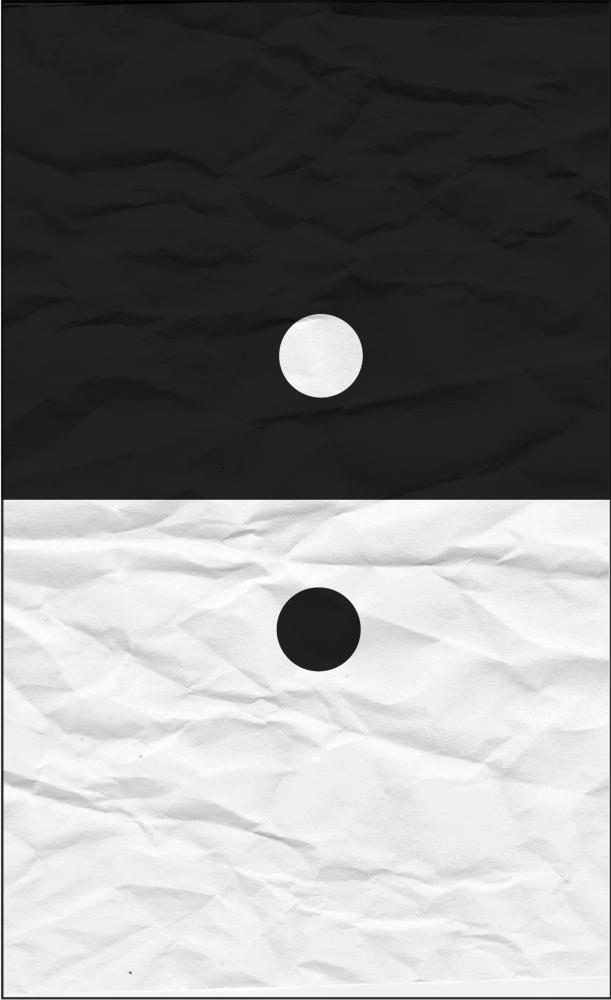Passing Thoughts Column: Division
Yet, is it something we can fight? Genocides, religious crusades, Manifest Destiny and fascism—all are engendered by division as well as its opposite. Inherent in each is a lust for unity and togetherness. We tend to think of community as a positive thing, ignoring that every group, precisely because it is together excludes and sets itself apart from others. At the same time, a group suppresses within itself the different identities, people, sub-groups, actions, and ideas that threaten its own cohesion. It is easy to see that the separation of one into many is violent. What remains less obvious is the violence implicit in any attempt to force many into one.
To progress towards a world less rent by dichotomy, we must recognize and reject what up to now has been silently assumed: the idea of a whole—a one—that can either be either gathered or divided, then given specific boundaries. Yes, it is boundaries that we must begin to question: those physically erected between countries, those socially constructed precluding some Americans the right to marry, and those ideologically construed between terrorists and freedom fighters. They all keep us from fully understanding one side or the other—especially the Other, being so different from ourselves—and each must be opened up so that there is possibility for dialogue and movement.
We speak and think of ideas as fixed and well-defined. We need to appreciate that ideas do not stand alone, but influence and are informed by other ideas. We mince words as though they had only one meaning, a single concept to which they exclusively and unequivocally refer. We have closed off and set limits. We have created boundaries.
To move beyond these, we should look to what French philosopher Jacques Derrida calls plus d’un, literally, both more than one and no more one. It is a little heady, but has very simple implications. The most relevant may be that ideas are neither frozen, monolithic, nor homogeneous. Within each lie contradictions and possibilities that will remain unexplored until we open up the space to address them.
Every part of life is divided. There are divisions between, around, within, and among us. It is not unification that will solve this, but openness; not cohesiveness but connectedness. Progress cannot be realized solely through construction, because structures enclose and obstruct. It is necessary to take our institutions (political, social, economic, and linguistic, among others) and remove inner and outer walls to create space—to alter and form them in such a way as to keep their meanings, processes, and possibilities open-ended.







